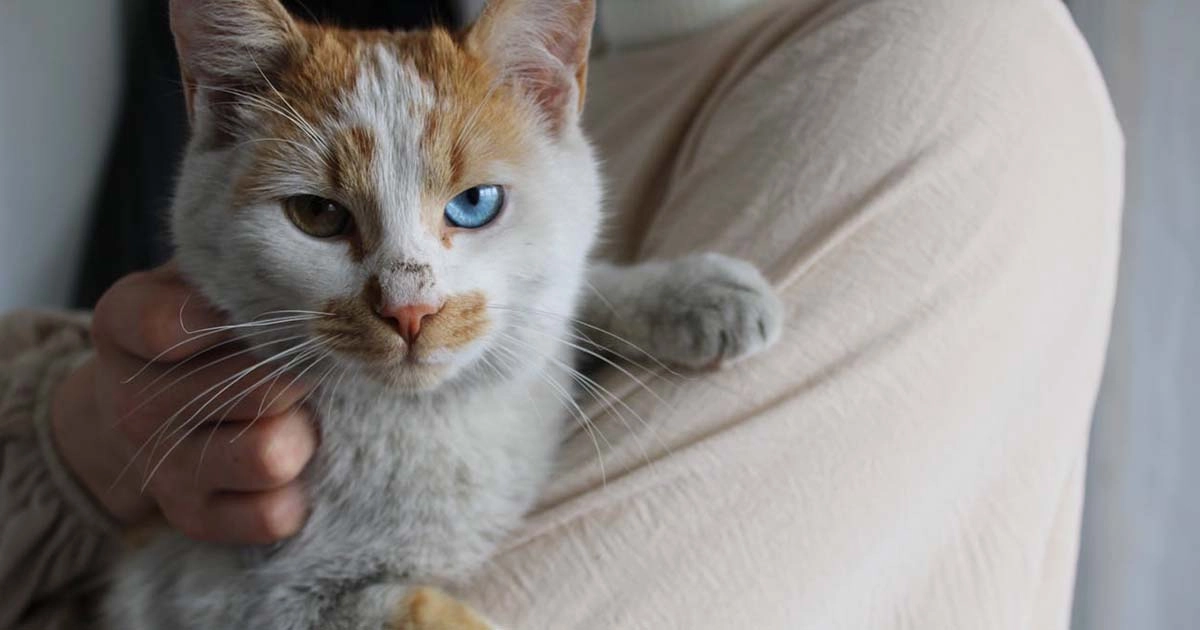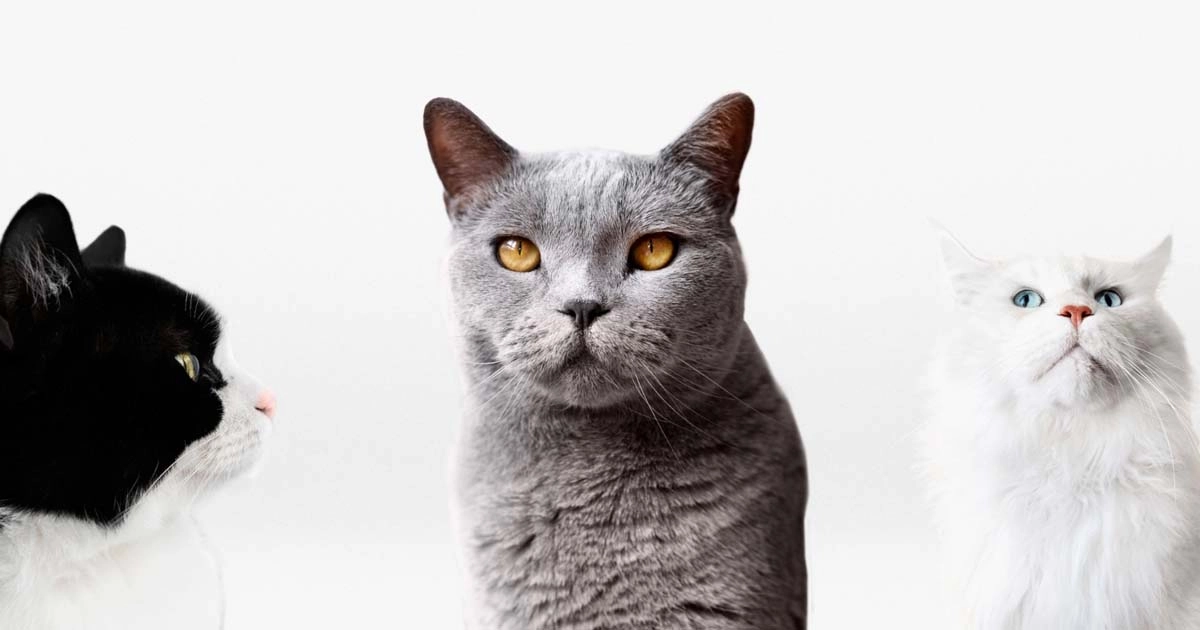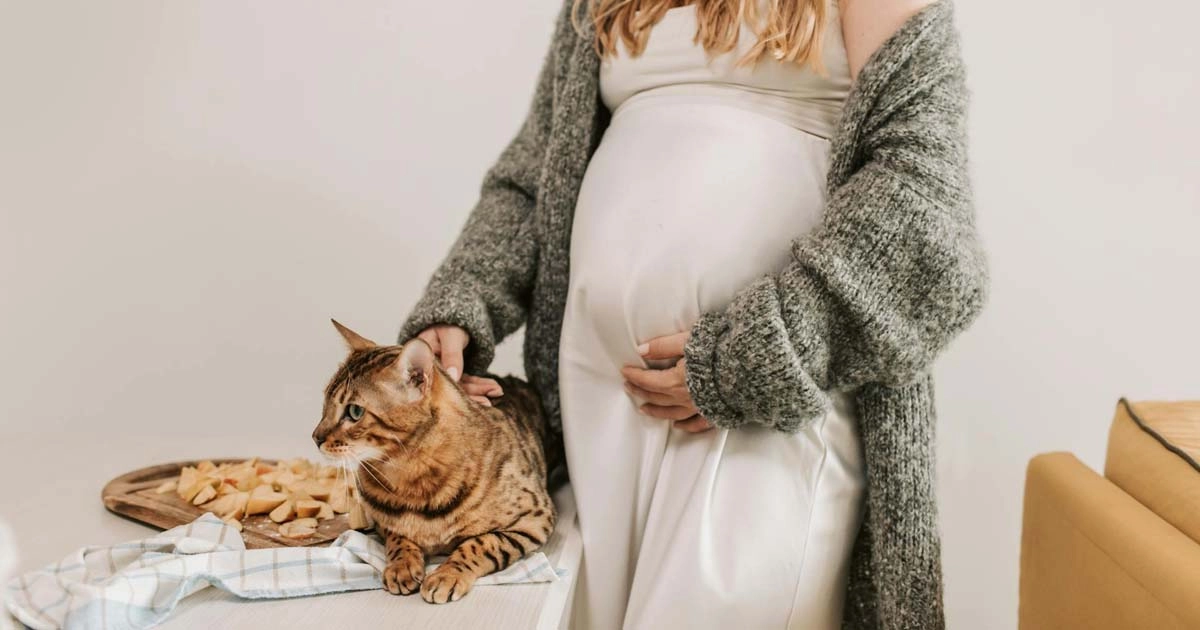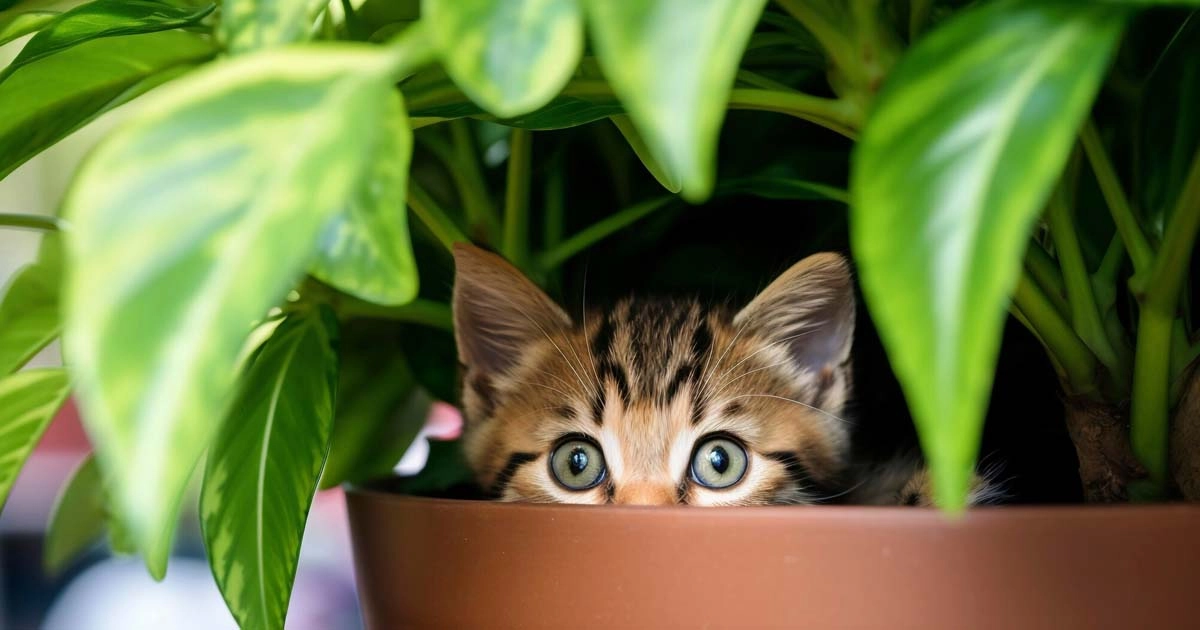How do cats purr and why?

Cat
08/09/2024
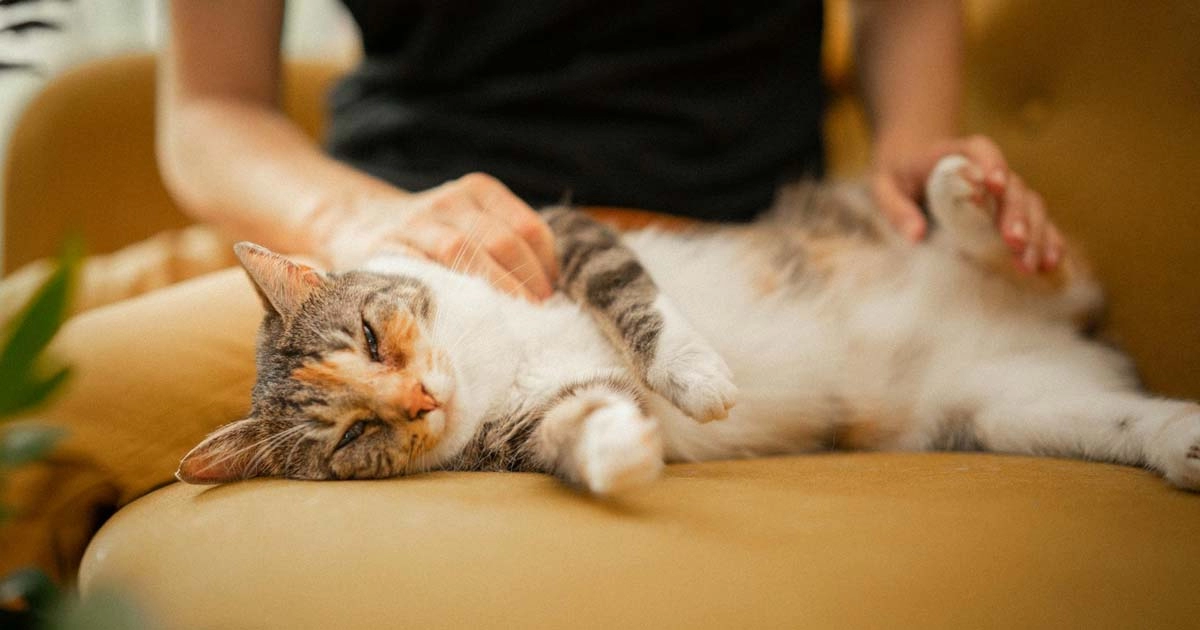
One interesting phenomenon is cat purring, which is caused by a very strange and unique physiological process. In MyBestie.gr we love to hear that sound that's why we decide to inform you more about it. This complex process has its origins in the brain, where specific neural oscillators have the job of firing signals into the laryngeal muscles-commonly known as voice box muscles. These muscles then become involved in fast contractions and relaxations, resulting in a fairly dramatic vibration of the vocal cords. This noteworthy event occurs during both inspiratory and expiratory phases of breathing, leading to the soothing, continuous noise we call purring, with which we all associate very content cats. Another interesting aspect of felines is their special capability for purring on different frequencies, which commonly ranges within the area of 20 to 150 Hertz.
Table of contents
Why do cats purr?
Several various reasons may be attributed to cats for their purring behavior, and while being content is certainly the most prominent of these reasons, it can be guaranteed that it is not a solitary factor contributing to this behavior of theirs.
Happiness and relaxation
Whenever your prized cat curls up cozily onto your lap and starts to make a low, sweet purring sound, they are usually feeling very safe at that instant, or comfortable, genuinely content. During quiet moments, the purrs represent the feline version of a human being in a position to express comfort and contentment. Such purring is generally composed of low-frequency vibrations, hence producing a low, resonant, and soothing sound that is quite comforting.
Cat communication
Some have also developed this remarkable ability to purr as a major means of communication with themselves and with humans. As such, there are those specific moments when some of them will start purring to indicate their hunger or perhaps attract your attention in order to get something from you. A number of studies conducted in the area indicate that cats do have this extraordinary ability to turn the sounds of their purrs, inserting into them a higher pitched element in what sounds like the tone of a baby's cry, which humans simply cannot ignore. A purring so cleverly contrived and calculated may enable such animals to attain what they want: either food to satiate their hunger or fondling to satisfy their emotional needs.
Cure and recovery
Amazingly enough, the purring of a cat is considered an act that keeps them much stronger in many aspects, due to its supposedly strong healing properties. Many cats tend to purr when they have been hurt, under stress, or even recovering from a certain injury. It is speculated that during purring, low-frequency vibrations are employed that help in naturally stimulating the healing of bones, successfully managing to reduce the pain and even the level of stress that the cat might be undergoing at that particular moment. It is rather fascinating that this self-healing ability due to purring has earned them a reputation of being resistant to adversities.
Cat bonding
Purring starts early in a cat's life cycle, since kittens have begun to purr during nursing as a means of communication with their mothers. In this way, the behavior helps to create a close and caring bond between the mother cat and her young kittens. This adorable behavior does not disappear at the older age of kittens but goes right to adulthood, when one sees cats purring away cuddling with their human companions. With this act, they show love and strengthen social bonding between themselves and their loved ones.
Stress relief
It has even been observed that cats purr during moments of high anxiety or fear. For example, it is quite common that the soothing sounds of cats can be heard at extremely distressing situations, such as at the veterinarians' clinics or during thunderstorms with their loud and discouraging rattling sounds. Such practice occurs as purring does have a purpose: it could help soothe their own frayed nerves and acts as a method of self-comfort, which gives them reassurance in times of distress.
A call to help
Cats do purr when injured or unwell. This is associated with the belief that they purr in an effort to comfort themselves and take solace in stress and pain. If your cat suddenly develops a purr in strange situations, then this could well indicate that all is not quite right.
Conclusion about purring
Purring is an amazing attribute, serving much more than a simple manifestation of happiness and contentment. It's a multi-functional attribute which the cat uses in various forms of communication, for healing and bonding, and even calming oneself when one feels traumatized. Whether your cat is sitting happily on your lap, enjoying a quiet moment of repose, or trying to calm themselves during stressful and frightening moments, their purring creates a fascinating aspect of their behavior that not only speaks volumes about their physical health but also about their emotional state. If you pay more attention to just when your cat starts purring and how, you will know more about their specific needs. You will be aware of how to make them happy, healthy, and comfortable in your immediate environment.
